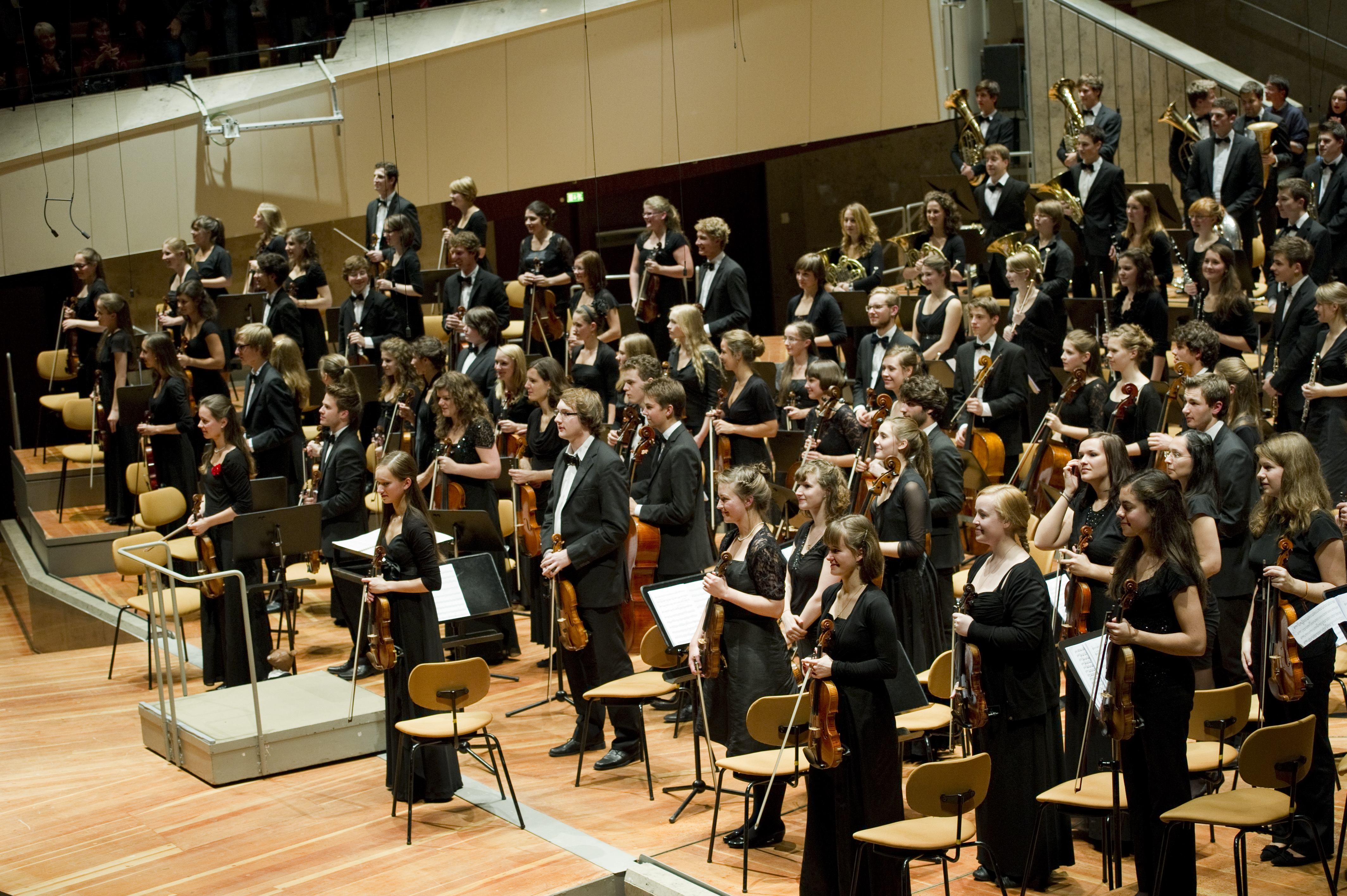|
José Asunción Flores
José Asunción Flores (27 August 1904 – 16 May 1972) was a Paraguayan composer and creator of the Guarania music genre. Early life Flores was born in the poor neighborhood of La Chacarita, in Asunción. As a kid, he had to work as a paperboy and shoeshiner in order to help his mother with food and other necessities. At the early age of 11 he had already joined the Capital Police marching band and was a student of composer Félix Fernández and director Salvador Déntice. In 1922 he made his first composition, a polka song named "Manuel Gondra". The birth of the Guarania In 1925, after experimenting with different arrangements of the old Paraguayan song ''Maerãpa Reikuaase'' he managed to create a new genre, which he called '' Guarania''. His first Guarania song was ''Jejui''. The purpose of this new genre was to express the feelings of the Paraguayan people through music. Later Flores would comment on his creation as: In 1928 he met the Guairá-native poet Manuel ... [...More Info...] [...Related Items...] OR: [Wikipedia] [Google] [Baidu] |
Paraguay
Paraguay, officially the Republic of Paraguay, is a landlocked country in South America. It is bordered by Argentina to the Argentina–Paraguay border, south and southwest, Brazil to the Brazil–Paraguay border, east and northeast, and Bolivia to the northwest. It has a population of around 6.1 million, nearly 2.3 million of whom live in the Capital city, capital and largest city of Asunción, and its surrounding metro area. Spanish conquistadores arrived in 1524, and in 1537 established the city of Asunción, the first capital of the Governorate of the Río de la Plata. During the 17th century, Paraguay was the center of Reductions, Jesuit missions, where the native Guaraní people were converted to Christianity and introduced to European culture. After the Suppression of the Society of Jesus, expulsion of the Jesuits from Spanish territories in 1767, Paraguay increasingly became a peripheral colony. Following Independence of Paraguay, independence from Spain ... [...More Info...] [...Related Items...] OR: [Wikipedia] [Google] [Baidu] |
Classical Music
Classical music generally refers to the art music of the Western world, considered to be #Relationship to other music traditions, distinct from Western folk music or popular music traditions. It is sometimes distinguished as Western classical music, as the term "classical music" can also be applied to List of classical and art music traditions, non-Western art musics. Classical music is often characterized by formality and complexity in its musical form and Harmony, harmonic organization, particularly with the use of polyphony. Since at least the ninth century, it has been primarily a written tradition, spawning a sophisticated music notation, notational system, as well as accompanying literature in music analysis, analytical, music criticism, critical, Music history, historiographical, musicology, musicological and Philosophy of music, philosophical practices. A foundational component of Western culture, classical music is frequently seen from the perspective of individual or com ... [...More Info...] [...Related Items...] OR: [Wikipedia] [Google] [Baidu] |
Paraguayan Exiles
Paraguayans () are the citizens of Paraguay. Though the majority of Paraguayans reside in Paraguay, significant communities have been established in multiple countries, most noticeably Argentina, Spain, United States, Brazil. History The first inhabitants of Paraguay were the Guarani people. Racial and ethnic groups As in other Latin American countries, in Paraguay, from the onset of Spanish colonization and settlement, miscegenation or ''mestizaje'' was the norm rather than the exception. Paraguay has one of the most homogeneous populations in South America. About 75% of the people are mestizo (mixed Spanish and Guaraní Native American descent), 20% are Whites, and the rest are small minorities of Indigenous or Afro Paraguayan origin. European or white Indigenous While only a 1.7% of Paraguay's population is fully indigenous according to the 2012 national census, 75% of the population identifies as being partially of indigenous descent; Spanish, an Indo-European lan ... [...More Info...] [...Related Items...] OR: [Wikipedia] [Google] [Baidu] |
